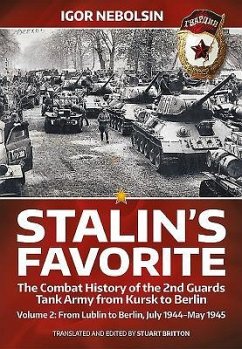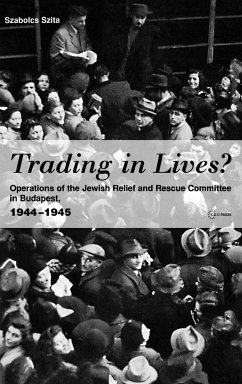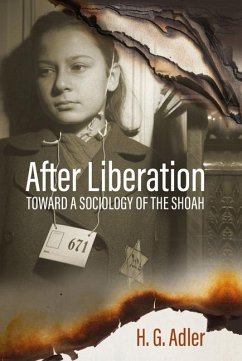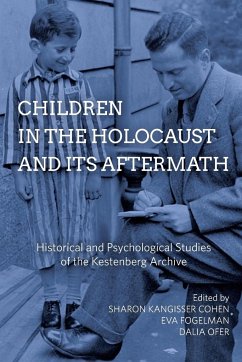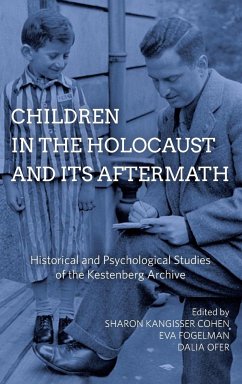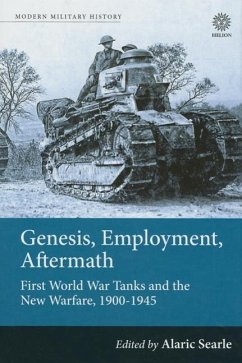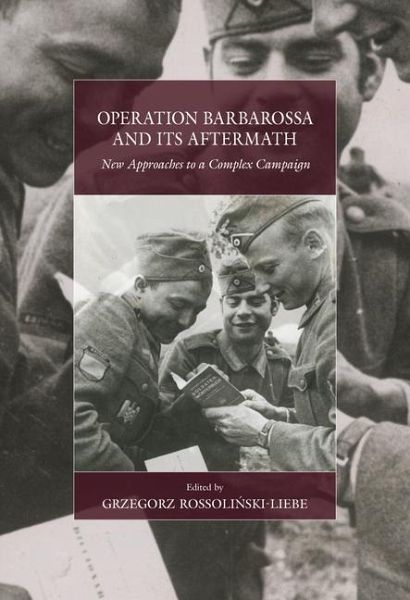
Operation Barbarossa and Its Aftermath
New Approaches to a Complex Campaign
Herausgeber: Rossolin&
Versandkostenfrei!
Versandfertig in über 4 Wochen
147,99 €
inkl. MwSt.
Weitere Ausgaben:

PAYBACK Punkte
74 °P sammeln!
The 1941 invasion of the Soviet Union, codenamed Operation Barbarossa, remains one of Nazi Germany's most significant military campaigns. Executed by Hitler's Wehrmacht army, this event saw troops from all over Europe defeat the Red Army and temporarily colonize large swathes of Eastern Europe, ultimately laying the groundwork for the Holocaust. In this illuminating re-examination of this multifaceted event, Operation Barbarossa and its Aftermath refocuses our attention on the multiethnic nature of the campaign, shedding light on the role of soldiers from Slovakia, Italy, Romania, and Spain as...
The 1941 invasion of the Soviet Union, codenamed Operation Barbarossa, remains one of Nazi Germany's most significant military campaigns. Executed by Hitler's Wehrmacht army, this event saw troops from all over Europe defeat the Red Army and temporarily colonize large swathes of Eastern Europe, ultimately laying the groundwork for the Holocaust. In this illuminating re-examination of this multifaceted event, Operation Barbarossa and its Aftermath refocuses our attention on the multiethnic nature of the campaign, shedding light on the role of soldiers from Slovakia, Italy, Romania, and Spain as well as other important issues. This volume highlights how viewing Operation Barbarossa as a multiethnic campaign, rather than a strictly German-Russian conflict, offers new ways of understanding the Holocaust, World War II and the history of European collaboration.






